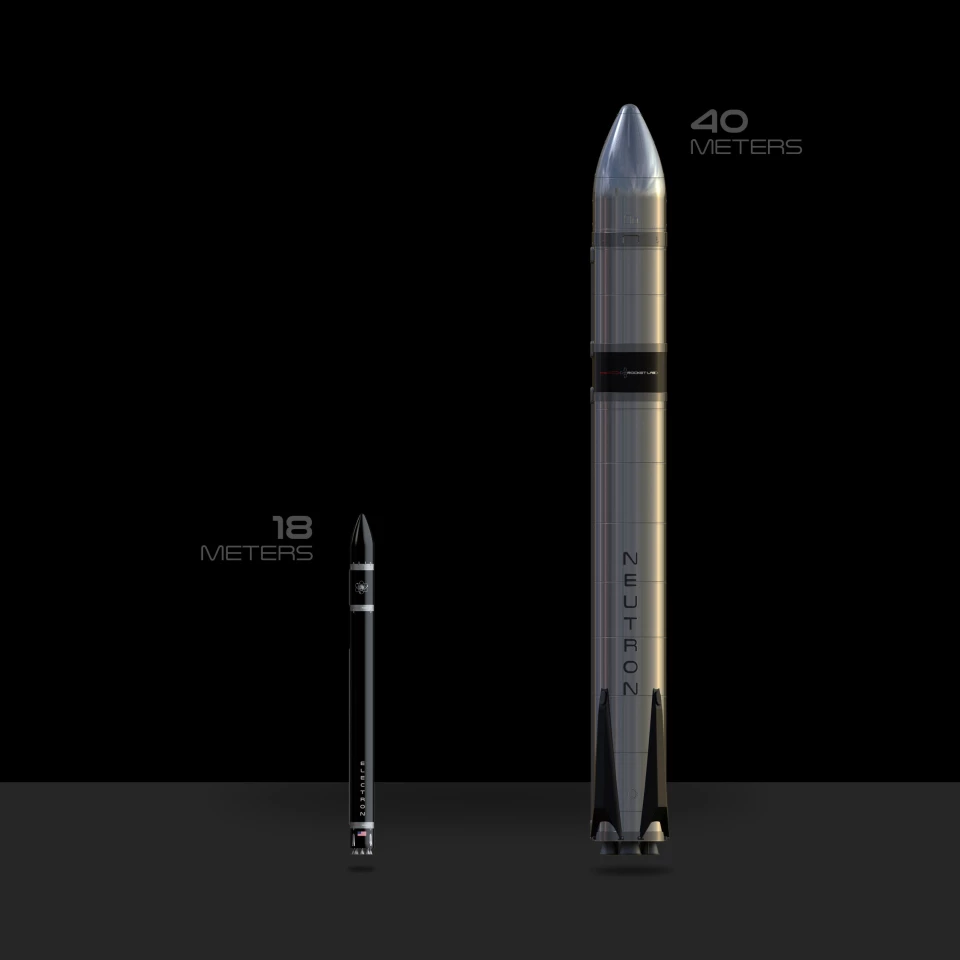Rocket Lab has made a name for itself in short space of time by focusing on highly frequent launches of small satellites, but now the space startup believes it has bigger fish to fry. The company has today revealed plans for a bigger reusable rocket named Neutron, which it will build to launch astronauts and cargo into low-Earth and possibly far beyond.
Rocket Lab first reached orbit with its Electron booster in 2018 and has since launched almost 100 satellites, specializing in small payloads of up to 300 kg (660 lb). It is now expanding the purview of these launch services to include much larger payloads for commercial, civil and military customers partaking in cargo and crewed missions, with its newly announced medium-lift Neutron rocket.

The two-stage launch vehicle will be be 40 m (131 ft) tall and feature a payload fairing with a diameter of 4.5 m (14.7 ft). Cargo of varying weight can be loaded into that fairing depending on where it is headed, with the Neutron designed to offer a lift capacity of 8,000 kg (17,636 lb) to low-Earth orbit, 2,000 kg (4,400 lb) to the Moon and 1,500 kg (3,300 lb) to Mars.
The rocket will be launched from NASA's Wallops Flight Facility in Virginia, and will feature a reusable first-stage designed to land on an ocean platform à la SpaceX. While the payload capacity of Neutron will be many times that of Rocket Lab's Electron booster, it pales in comparison to SpaceX's Falcon Heavy, which was the most powerful rocket in operation when it launched in 2019 and has a lift capacity of 63,800 kg (140,700 lb). But as Rocket Lab CEO Peter Beck explains, that is kind of the point.
"Efficiently building the mega constellations of the future requires launching multiple satellites in batches to different orbital planes," he says. "It’s a requirement that all too often sees large launch vehicles fly with payloads well below their full lift capacity, which is an incredibly expensive and inefficient way to build out a satellite constellation. Neutron’s 8-ton lift capacity will make it ideally sized to deploy satellites in batches to specific orbital planes, creating a more targeted and streamlined approach to building out mega constellations.”
Rocket Lab expects to launch Neutron for the first time in 2024. You can check out the promo video below.
Source: Rocket Lab






